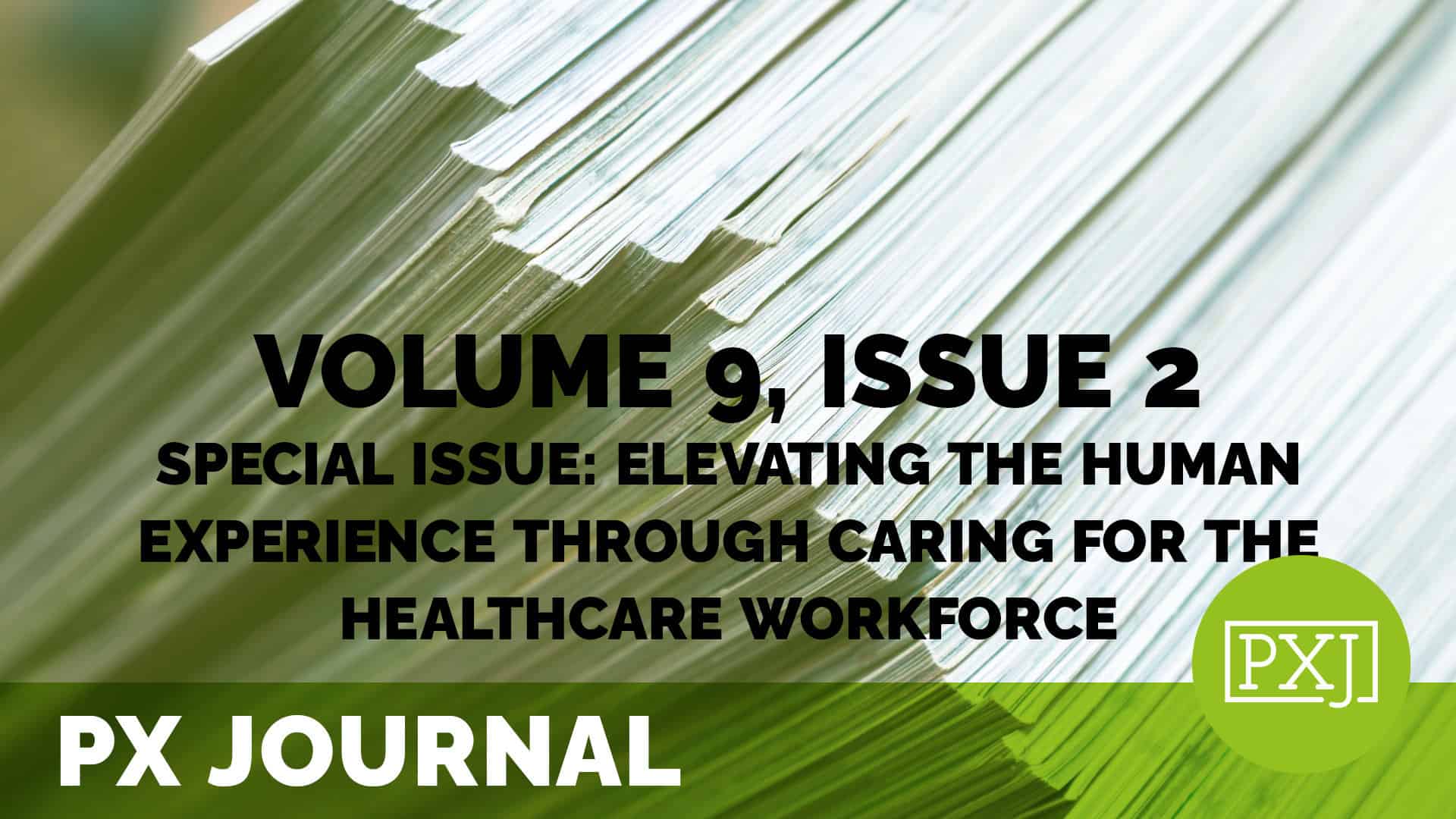Effect of wearing masks in the hospital on patient-provider interaction: “They (providers) need to stay safe for their family and keep us safe.”

Since March 2020 when the Severe Acute Respiratory Syndrome Coronavirus 2 (SARS-CoV-2) pandemic was widespread in the U.S., masks became a primary form of protection for healthcare workers when caring for patients. While wearing masks was not a new phenomenon in the health field, there is little known on how the use of them affects the patient-provider relationship. This study explored the experience of wearing masks on the patient-provider relationship in the hospital. This qualitative study involved interviews with both providers and patients at an academic hospital in the Midwest. At the time of this study, in July 2021, hospital policy required all healthcare providers and staff to wear surgical masks with patients, but patients were not required to wear masks while in their rooms. Interviews were audio-recorded and transcribed; they were coded using MAXQDA. Nine patients and nine providers took part in interviews. There were 4 women and 5 men in each group. The primary benefit of mask-wearing identified by both groups was safety and protection from disease. Connection with patients was a major theme as well. Providers adapted to try to improve connection in four primary ways: showing the patient their face, speaking loudly and clearly, spending additional time with patients, and being more expressive. It was also reassuring that safety was one of the main themes and encouraging that masks were not a substantial barrier to communication with patients.
Related content
-
 Culture & Leadership | Staff & Provider Engagement
Culture & Leadership | Staff & Provider EngagementUsing Gratitude to Elevate the Human Experience
In this webinar, the presenters will share how they developed a Gratitude Report as a part of Southcoast Health’s grateful patient program using positive patient feedback, comments, and stories to recognize caregivers that embody the values and service behaviors. The Gratitude Report is a list of employees’ names that have been mentioned by patients and
Learn more -
 Staff & Provider Engagement
Staff & Provider EngagementThe Benefits of Partnering a Physician with Patient Advocacy
Partnering a physician with patient advocacy can be a catalyst for cultural transformation, as seen at Ochsner Health. This innovative collaboration fostered transparency, enhanced communication, and strengthened trust between physicians and patient advocates. By valuing perspectives from both sides, the new partnership led to improved experiences for patients, families, and healthcare providers alike. Interested in
Learn more -
 Patient Family & Community Engagement | Staff & Provider Engagement
Patient Family & Community Engagement | Staff & Provider EngagementBuilding Cognitive-Based Compassion into Service Recovery Training
2pm ET / 1pm CT / 12pm MT / 11am PT – Traditional service recovery training often focuses on key principles and de-escalation techniques, leaving learners with theoretical knowledge but lacking practical implementation skills. In response to rising workplace violence and increasing complaints, we redesigned our service recovery training to incorporate cognitive-based compassion training. This
Learn more
